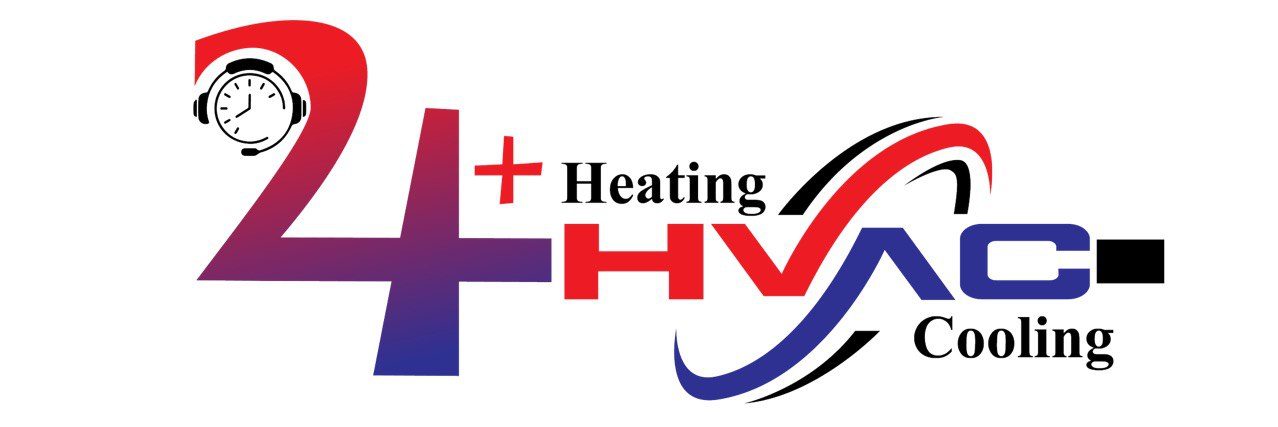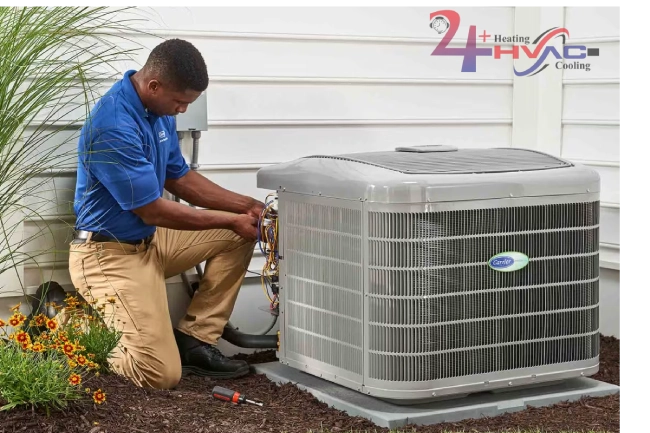Introduction: Making the Right Choice for Your Home
Choosing the best air conditioning unit for your home isn’t just about comfort—it’s also about energy efficiency, long-term savings, and indoor air quality. With countless models and types on the market, from central systems to ductless mini-splits, it’s easy to feel overwhelmed. This guide will walk you through every essential factor to consider when purchasing an air conditioner, including size, energy ratings, types, features, and more.
Whether you’re replacing an old system or installing one for the first time, this article will help you make an informed decision tailored to your specific needs. Let’s dive into what makes an air conditioner the “best” for your home.
1. Understanding Your Cooling Needs
Before diving into brands and types, assess your specific cooling requirements. Your home’s size, layout, insulation, and local climate all influence what type of AC system will be the most effective.
- Room Size Matters: A unit that’s too small won’t cool efficiently, while one that’s too large can cause humidity issues.
- Layout Considerations: Multi-story homes may need zoned systems or multiple units.
Factors to Consider:
- Number of rooms
- Ceiling height
- Sun exposure
- Number of occupants
2. Types of Air Conditioning Units
Understanding the different types of air conditioning systems is crucial to choosing the best one for your home.
- Central Air Conditioning: Best for larger homes with existing ductwork.
- Ductless Mini-Split Systems: Ideal for older homes or room-specific cooling.
- Window Units: Affordable and easy to install but limited in power.
- Portable Units: Great for renters or occasional use.
Each type offers distinct benefits and limitations depending on your needs.
3. Energy Efficiency Ratings Explained
Energy efficiency is more than a buzzword—it’s a key factor in your monthly bills and environmental impact.
- SEER Rating (Seasonal Energy Efficiency Ratio): The higher the SEER, the more efficient the unit.
- ENERGY STAR Certification: Indicates the unit meets strict efficiency standards set by the EPA.
Why It Matters:
- Lower energy bills
- Environmental impact
- Potential tax rebates and incentives
4. Sizing Your Air Conditioner Correctly
Proper sizing ensures optimal performance and longevity of your air conditioning unit.
- BTU (British Thermal Unit): Measures the cooling capacity.
- Manual J Calculation: A professional assessment considering square footage, insulation, and more.
Signs of Incorrect Sizing:
- Short cycling (turning on and off frequently)
- Uneven cooling
- High humidity indoors
5. Features That Enhance Comfort and Convenience
Modern AC units come loaded with features that can enhance your home’s comfort and energy savings.
- Smart Thermostats: Allow remote operation and learning capabilities.
- Variable-Speed Compressors: Provide more precise temperature control.
- Dehumidification Modes: Help improve air quality in humid climates.
Additional Features to Look For:
- Quiet operation
- Air purification
- Sleep modes
6. Installation Considerations
Choosing the best air conditioning unit for home use also means thinking about how and where it will be installed.
- Professional Installation: Ensures optimal performance and may be required for warranties.
- Location: Placement of both indoor and outdoor units affects efficiency and noise levels.
Why Installation Matters:
- A poorly installed unit can waste energy
- Shortens system lifespan
- May void manufacturer warranty
7. Maintenance and Longevity
Ongoing maintenance plays a huge role in keeping your unit running efficiently for years.
- Regular Filter Changes: Crucial for airflow and air quality.
- Annual Tune-Ups: Can catch issues early and prevent costly repairs.
Lifespan Expectations:
- Central AC: 10-15 years
- Ductless systems: 12-20 years
- Window/portable units: 5-10 years
8. Cost Breakdown and Budgeting
Understanding both the upfront and long-term costs helps you choose the best air conditioning unit for your home.
- Initial Costs: Unit price + installation
- Operating Costs: Electricity usage, repairs, maintenance
- Long-Term Savings: Higher efficiency = lower bills
Tip: Don’t just go for the cheapest unit—consider total cost of ownership.
9. Climate-Specific Recommendations
Your local climate greatly affects what kind of system will work best.
- Hot and Humid Areas: Look for strong dehumidification features.
- Dry Climates: Evaporative coolers may be an alternative.
- Variable Climates: Systems with both cooling and heating functions may be ideal.
Local Consideration:
- In Richmond, where summers can be warm and humid, a high-SEER central or ductless unit is often best.
10. Choosing a Reliable HVAC Service Provider
A great unit means little without expert installation and support.
- Certified Technicians: Look for licensed, insured, and experienced professionals.
- Reputation Matters: Read online reviews and testimonials.
Recommended Services:
- 24 Plus HVAC Services
- Air Conditioning Units Services in Richmond
- Air Conditioning Services in Richmond
Partnering with a trusted HVAC company ensures your system is properly installed and maintained.
Conclusion: Make the Smart Choice for Your Home
Finding the best air conditioning unit for your home doesn’t have to be a guessing game. By considering your home’s size, your climate, energy efficiency, and available features, you can make a smart investment in your comfort and savings.
Ready to make your home cooler and more comfortable? Reach out to 24 Plus HVAC today for expert advice and top-tier air conditioning services in Richmond. Your comfort is just a call away!

